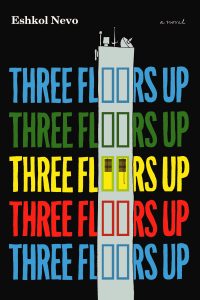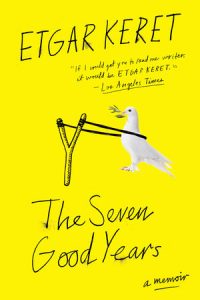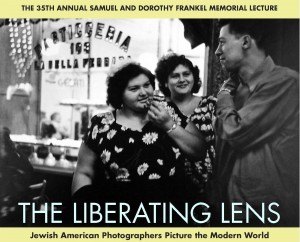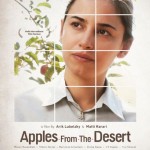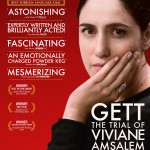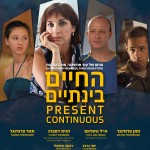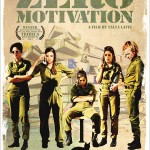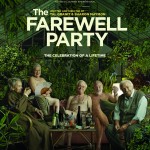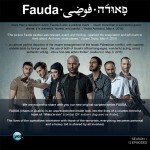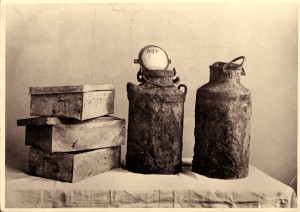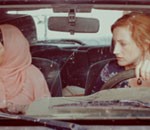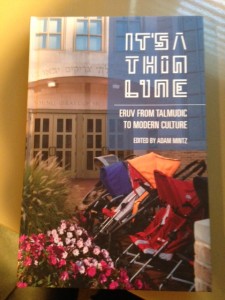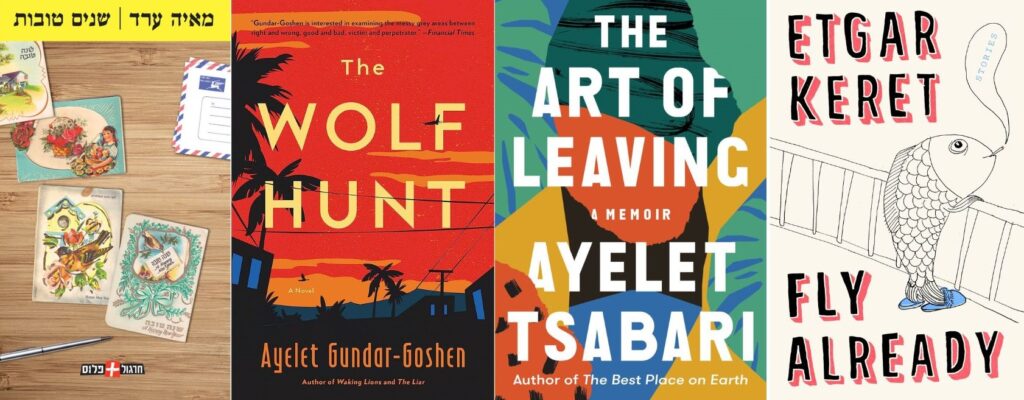
On behalf of the Center for Jewish Studies, I would like to give you a heads up about the 21st Annual Contemporary Israeli Voices, 2023 fall series and invite you and guests to join us.
The series this year will feature the internationally renowned Israeli writer, Etgar Keret, as well as other, female, Israeli writers who write in Israel and outside of Israel and explore questions of identity, belonging and personhood.
The series will be inaugurated with a talk by Maya Arad, the author of eleven books of Hebrew fiction, as well as studies in literary criticism and linguistics. Maya is a writer in residence at Stanford University’s Taube Center for Jewish Studies. Maya’s presentation is entitled Happy New Years? Reading Between the Lines. The presentation will focus on Maya’s latest novel The Good Year and the Wesleyan audience will get to be introduced to its English translation before it comes out officially. Happy New Years is an epistolary novel with a twist: it is comprised of fifty annual letters, spread over five decades, each a year apart. The letters are written by Lea, a young immigrant who strives to achieve the American dream.
The event will take place on Thursday, October 5, at 8:00 PM at Daniel Family Commons (45 Wyllys Avenue, Middletown).
The second event will be presented by Ayelet Gundar-Goshen who is one of the most unique and prominent writers in Israel. Ayelet will present her latest novel The Wolf Hunt (The title in Hebrew is Relocation). Her presentation is entitled Relocation: A Clash of Cultures. Her book follows an Israeli family on their transatlantic move to the San Francisco Bay area and explores the fault lines in a community, a school, and a family, as an Israeli mother begins to suspect her teenage son of committing a terrible hate crime.
The event will take place on Thursday, October 19, at 8:00 PM at Daniel Family Commons.
In the third presentation entitled Memoir, Fiction, and What’s In Between acclaimed Israeli author Ayelet Tsabari, will speak of her approach to writing fiction and memoir, about finding the truth in fiction and the artifice in memoir, and about making herself into a literary character in her memoir, The Art of Leaving. Her memoir in essays, The Art of Leaving, won the Canadian Jewish Literary Award.
The event will take place on Thursday, October 26, at 8:00 PM at Daniel Family Commons.
To conclude the series, the internationally renowned writer, and a frequent Wesleyan visitor (and one time professor) Etgar Keret will captivate the audience with his Heroic Stories about (his) Dead Mother. In his presentation Keret will speak about his attempt to come up with the stories that capture his late mother: like Maria in West Side Story and like Thanos from the Avengers. In his very Keret way, he ends up with a series of very short stories, snapshots that are mostly a few paragraphs long, that give glimpses of her heroic life from childhood in the Warsaw Ghetto to raising a Sabra family in Israel. Keret’s new book of stories Fly Already won the prestigious Sapir Prize.
The event will take place on Thursday, November 9 at 8:00 PM at Daniel Family Commons.
All events are free and open to the public. More information can be found at http://civ.site.wesleyan.edu
I hope that you will join us and look forward to welcoming you, Dalit Katz, curator of CIV series, Director of the Center for Jewish Studies.


